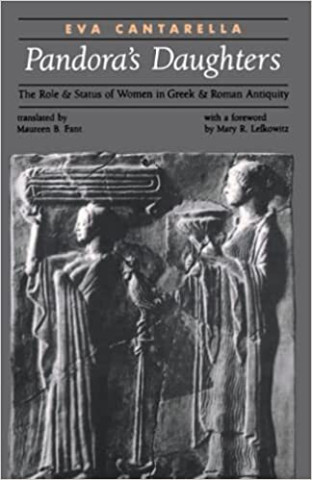
Reviews
[A] provocative exploration of possession theory... Keller is able to offer not only fresh insight into possession phenomena but also a penetrating critique of the categories and concepts with which it has been theorized.
Keller's argument for a revisioning of agency, women, and possession is important intervention. By bringing together an unusual mix of theorists and case studies, she makes a thoughtful contribution to the study of religion, gender, and post-colonial theory that raises provocative questions for all scholars of religion.
A welcome addition to scholarly literature on spirit possession. It provides an innovative exploration into the agency of women's possessed bodies and the way scholarly representations construct agency.
Mary Keller's theory of instrumental agency is very well developed, as is her extended critique of existing scholarship. Scholars in the fields of religion, anthropology, and gender studies who are interested in spirit possession will certainly want to read this book. I enjoyed reading The Hammer and the Flute, learned much from it, and believe that it makes an important contribution.
Book Details
Preface
Introduction
Part I: Reorienting Possession in Theory
1. Signifying Possession
2. Reorienting Possession
3. Flutes, Hammers, and Mounted Women
Part 2: The Work, War, and Play of Possession
4. Work
5
Preface
Introduction
Part I: Reorienting Possession in Theory
1. Signifying Possession
2. Reorienting Possession
3. Flutes, Hammers, and Mounted Women
Part 2: The Work, War, and Play of Possession
4. Work
5. War
6. Play(s)
Conclusion
Notes
Bibliography
Index





